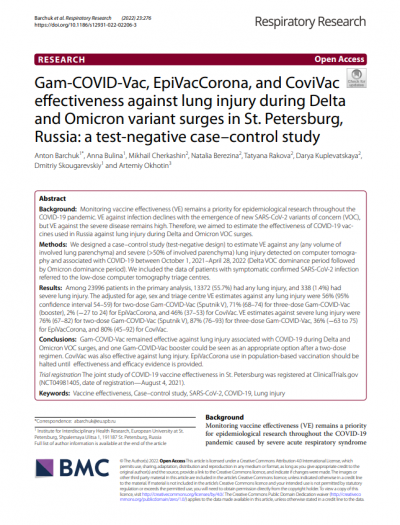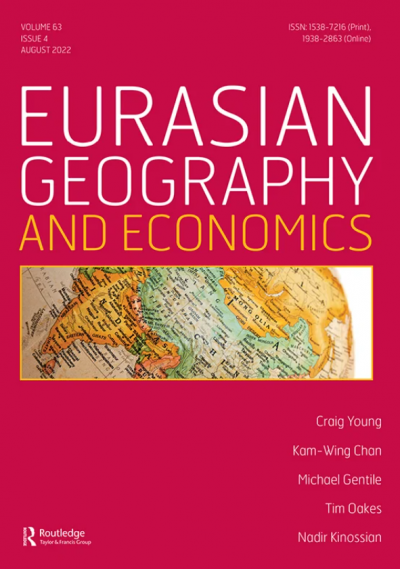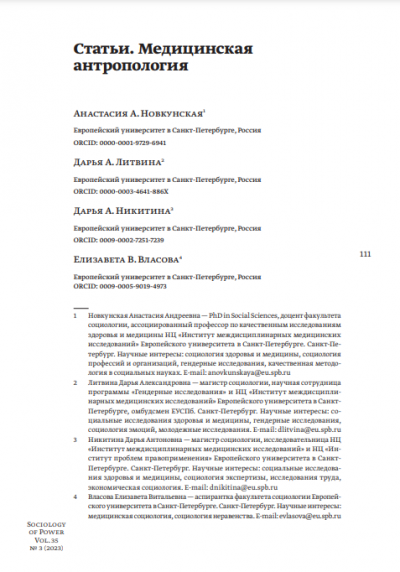On becoming a cardiac surgeon in Russia: survey among cardiovascular surgical residency graduates
Despite the fact that Russia has a long history of cardiac surgery, little is known about how cardiac surgeons are actually trained here. The authors’ aim was to reveal current challenges in cardiac surgical training in Russia by surveying recent residency (ordinatura) graduates.









